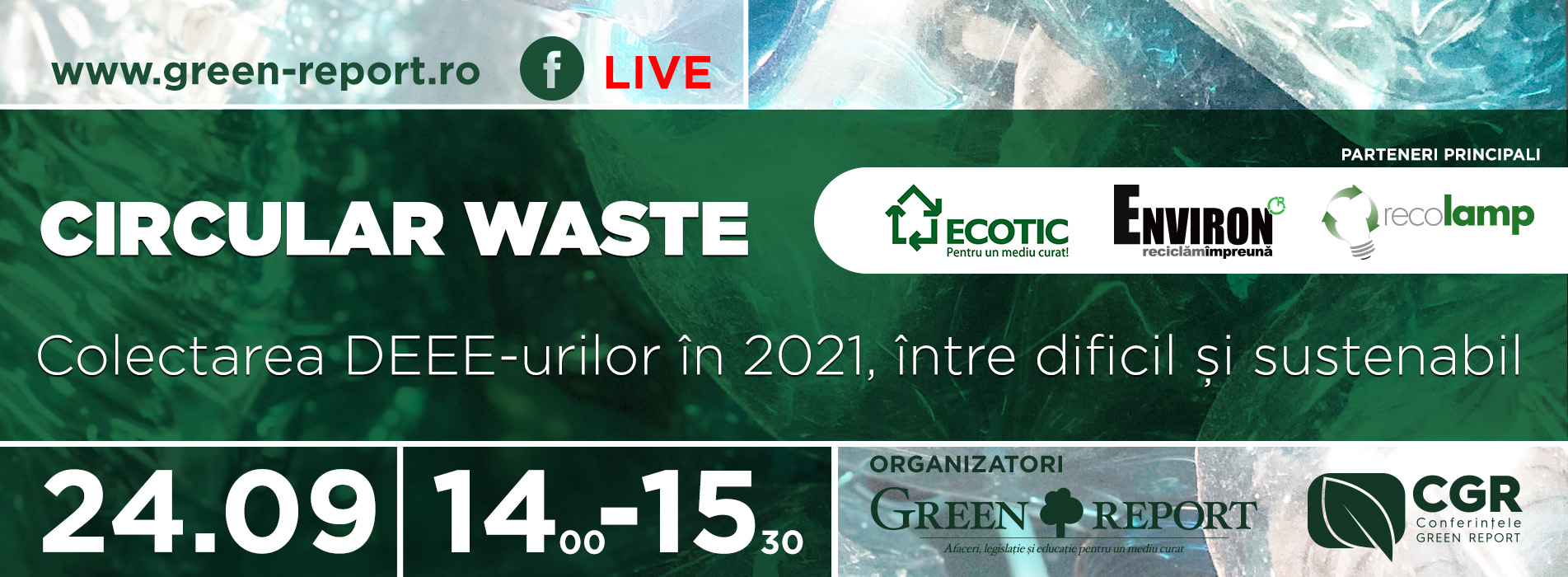As the world becomes progressively connected, computer solutions continue to improve and evolve in a breakneck pace. Many years ago, the IEEE Computer Society’s then-president Dejan Milojicic and a team of technologists identified 23 game-changing technologies they will felt would shape existence by 2022.
This year’s list features silicon photonics, a technology that pledges to significantly reduce latency and bandwidth for the purpose of high-end devices. It may also support lower vitality consumption and allow faster landline calls. Other prominent advancements include SSD forces, which enable personal computers to boot up much quicker and load programs faster than traditional hard disk drives. Exhibits are advancing, too, with 4K and HDR choices that deliver better contrast and color schemes. Finally, there are fresh wireless benchmarks such as Thunderbolt 3 and Wi-Fi 6th, which allow higher speeds and lessen energy utilization.
Algorithms make small and big decisions on a massive increase every day, including who gets screened designed for diseases just like diabetes, so, who shadowkeepzine.org will get a renal transplant, just how police solutions are allocated, and who have sees advertising for casing or jobs. But they could be flawed or perhaps biased, and the way in which algorithms are programmed is a potential source of problem.
Researchers on the Paul Scherrer Institute and Swiss Light Source have reached an essential turning point in this field of homework, and the work could lead to better artificial intelligence. Check out it with this week’s laptop technologies information.
